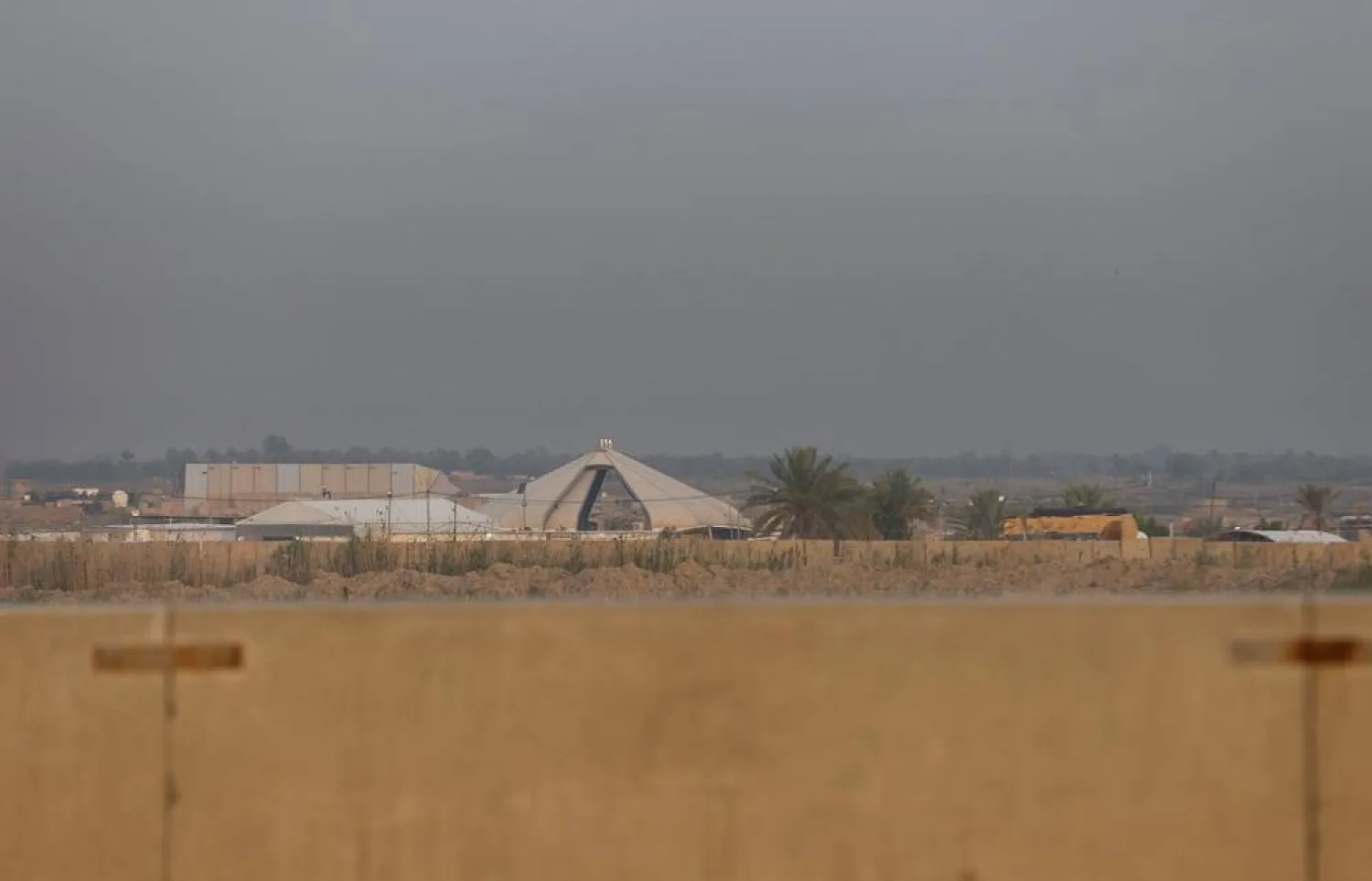A huge blast at a military base in Iraq early on Saturday killed a member of an Iraqi security force that includes Iran-backed groups. The force commander said it was an attack while the army said it was investigating and there were no warplanes in the sky at the time.
Two security sources had said earlier that an airstrike caused the blast, which killed a member of Iraq's Popular Mobilization Forces (PMF) and wounded eight others at Kalso military base about 50 km (30 miles) south of Baghdad.
In a statement, the PMF said its chief of staff Abdul Aziz al-Mohammedawi had visited the location and "reviewed the details of the investigative committees present in the place that was attacked".
The Iraqi military said a technical committee was looking into the cause of an explosion and fire at the base, which it said happened at 1 a.m. on Saturday (2200 GMT Friday).
"The air defense command report confirmed, through technical efforts and radar detection, that there was no drone or fighter jet in the air space of Babil before and during the explosion," the military said in a statement.
The incident in Iraq's Babil province occurred with tensions running even higher than usual across the Middle East, following what sources said was an Israeli attack in the Iranian city of Isfahan on Friday. Tehran has played it down and indicated it had no plans for retaliation.
That incident came six days after Iran fired a barrage of missiles and drones at Israel in response to a presumed Israeli airstrike that destroyed part of Iran's embassy in Damascus, killing seven Iranian Revolutionary Guards officers on April 1.
The PMF includes Iran-backed groups which, operating under the banner of the so-called “Islamic Resistance in Iraq”, have attacked US troops in the region and targeted Israel since the eruption of the Gaza war, declaring support for the Palestinians.
Their attacks on US forces in Syria and Iraq stopped in early February after a drone strike killed three US soldiers near the border with Jordan, prompting heavy US airstrikes in Iraq and Syria.
But they claimed responsibility for an attack on the Israeli city of Eilat on April 1.
The US military's Central Command, in a post on X early on Saturday, denied what it said were reports that the United States had carried out airstrikes in Iraq. "The United States has not conducted air strikes in Iraq today," it said.
The PMF started out as a grouping of armed factions, many close to Iran, that was later recognized as a formal security force by Iraqi authorities.









